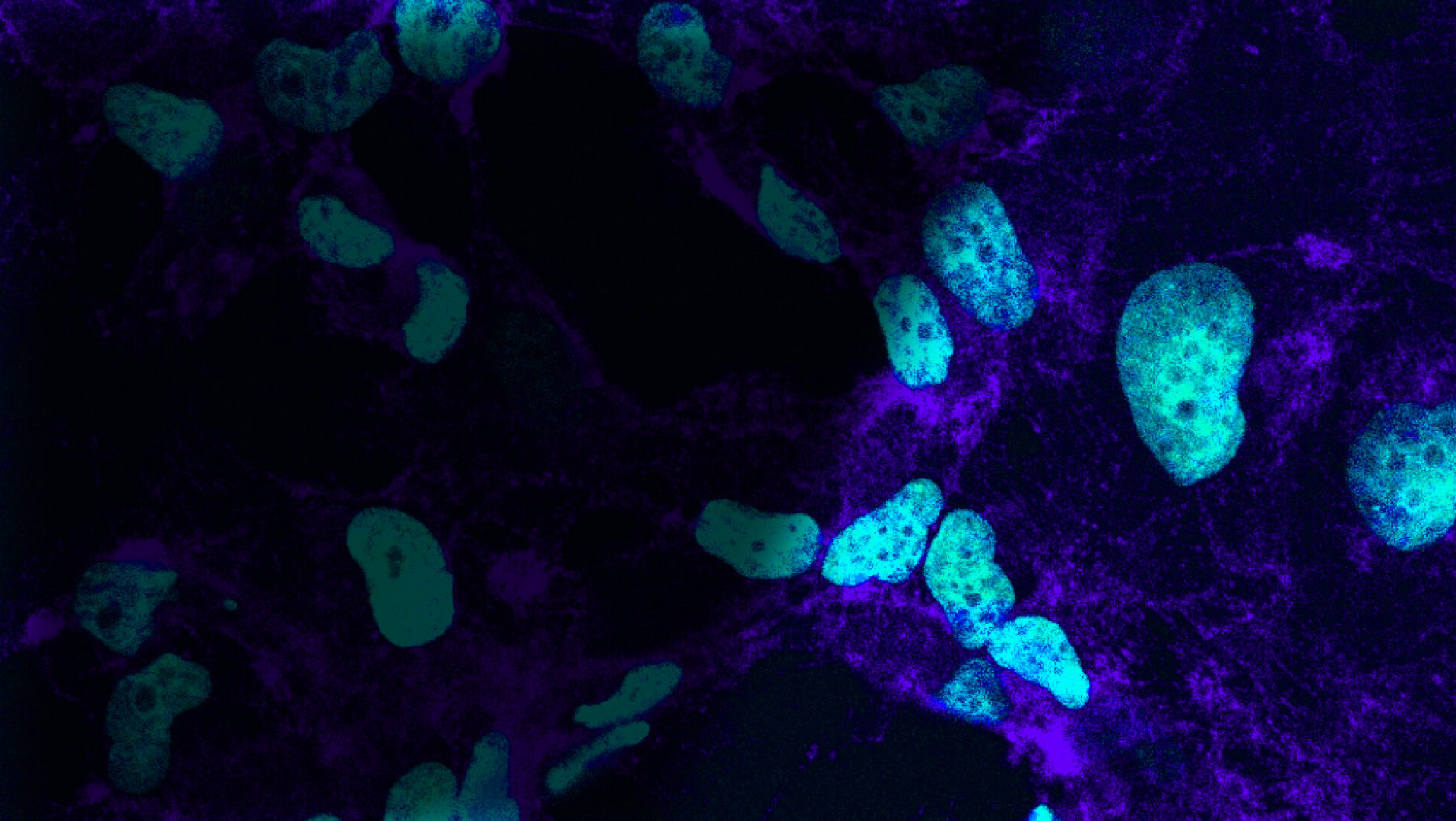

SITE IS CURRENTLY
BEING UPGRADED
For more information see
our investor presentation
Contact us at: [email protected]
BEING UPGRADED
For more information see
our investor presentation
Contact us at: [email protected]
Unmasking cancer
cell camouflage
with multifunctional
fusion proteins
Unmasking
cancer cell
camouflage
cancer cell
camouflage